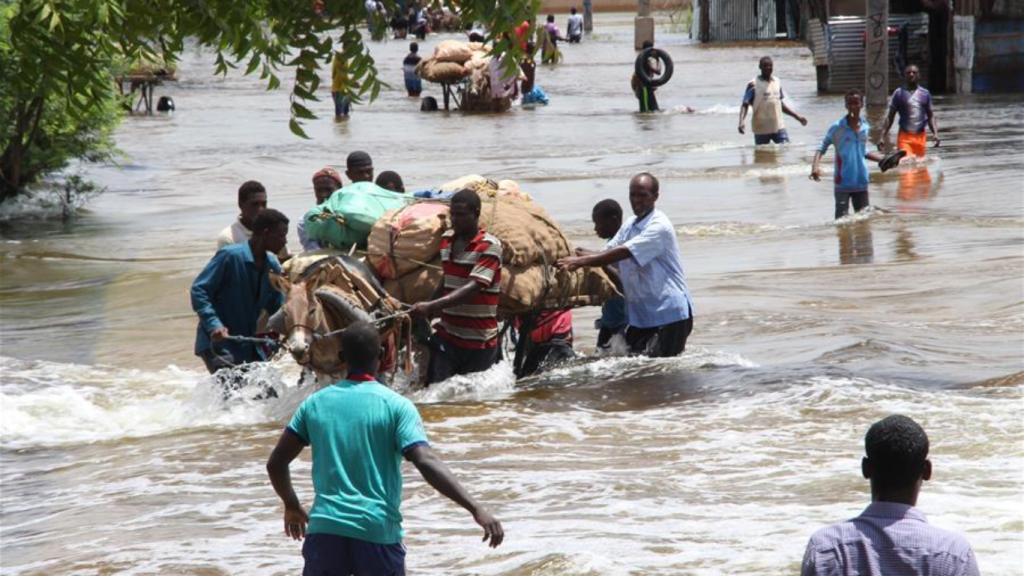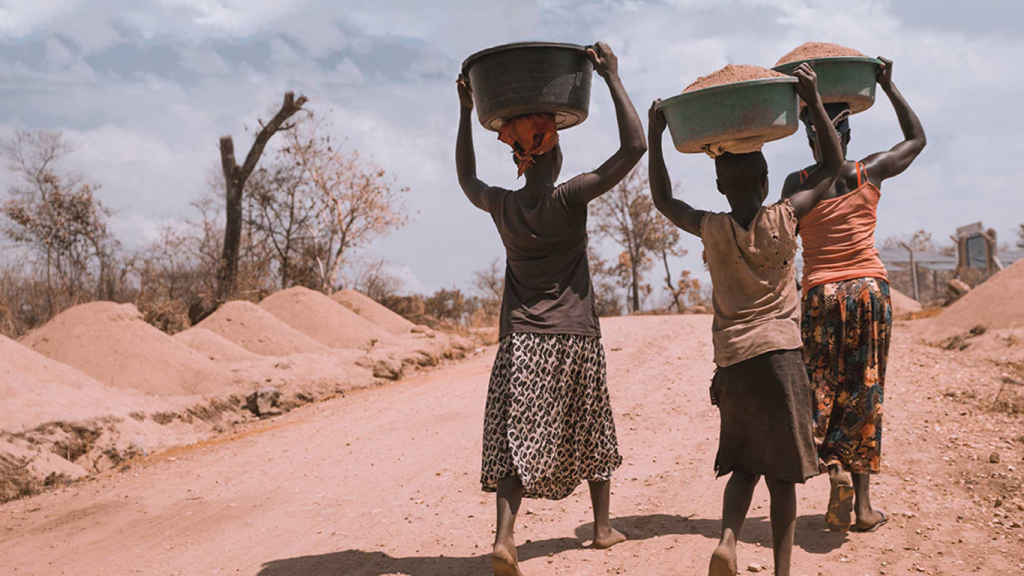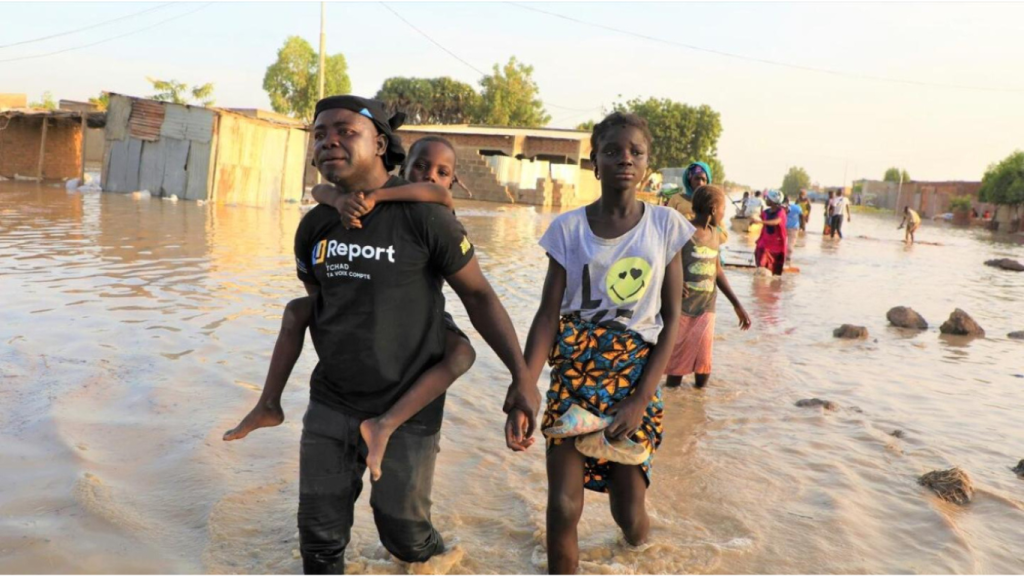Climate Change and Adaptation

Pioneering Climate Change Resilience and Adaptation
Hope for Refugees International is committed to addressing climate change’s impact on food security, gender-based violence, and SRHR, promoting equity and resilience within vulnerable communities.
In an era where climate change and humanitarian crises collide, Hope for Refugees International stands at the forefront of resilience and adaptation efforts. Our unwavering commitment to delivering hope and compassion now extends to addressing the profound impacts of climate change on the most vulnerable populations worldwide. This is not just a new chapter in our journey; it’s a call to action, a testament to the need for climate justice, and an affirmation of our dedication to promoting equity, inclusion, and dignity.

Understanding the linkage
Climate change is not just about extreme weather events or melting ice caps; it’s about the daily struggles of the world’s most marginalized communities. Hope for Refugees recognizes the inextricable link between climate change, food security, gender-based violence (GBV), and sexual reproductive health and rights (SRHR).
Climate Change and Food Security: Increasingly erratic weather patterns, prolonged droughts, and severe floods disrupt agricultural systems and livelihoods, pushing communities to the brink of food insecurity. Women, who often play a pivotal role in food production and family nutrition, bear the brunt of these challenges.
Gender-Based Violence: Climate change exacerbates GBV by amplifying stressors within households and communities. As resources become scarcer, their competition intensifies, leading to an increase in domestic violence and gender-based violence. Women and girls become more vulnerable to abuse and exploitation.
Sexual Reproductive Health and Rights: Disrupted healthcare services, displacement, and poor living conditions stemming from climate-related disasters hinder access to SRHR services. Women and girls face greater obstacles to family planning, maternal healthcare, and protection from sexual violence.
Exacerbating Inequalities: Climate change acts as a magnifying glass, exposing and exacerbating existing inequalities. It disproportionately impacts women and girls due to the roles and tasks assigned to them within their communities. Discriminatory norms and practices limit their ability to adapt and thrive in changing environments. They are often excluded from decision-making processes, leaving them voiceless in climate-resilience strategies.
Our Key approaches to addressing climate change

Hope for Refugees International recognizes the transformative power of women, girls, and young people as agents of change.By placing them on the frontline of climate action, we champion efforts to combat climate change, demand justice, and adapt to its consequences.
- Capacity Building. Empowering women, girls, and youth with knowledge and skills to become climate change champions within their communities. This includes providing training in sustainable agriculture, climate-resilient livelihoods, and disaster preparedness.
- Community-Based Adaptation.Collaborating with local communities to co-create climate-resilient solutions that cater to the unique needs of women and girls. This includes establishing women-led climate action groups.
- Advocacy. Amplifying the voices of women, girls, and youth on the global stage to demand climate justice, inclusion in decision-making processes, and recognition of their rights in climate adaptation efforts.
- Access to SRHR Services: Ensuring uninterrupted access to SRHR services, even in the face of climate-related disasters, establishing mobile clinics, and strengthening local healthcare systems.
- Data and Research. Conducting gender-responsive climate impact assessments to inform evidence-based policy recommendations and to highlight the differential impacts of climate change on women, girls, and youth.
- Cross-Sectoral Collaboration. Collaborating with organizations, governments, and stakeholders from various sectors to integrate gender-sensitive climate solutions into broader development agendas.
Our climate resilience and adaptation program reaffirms our commitment to deliver hope and compassion while addressing the interconnected challenges of climate change, food security, GBV, and SRHR. Together, we can build a more resilient, equitable, and sustainable world for all, leaving no one behind.